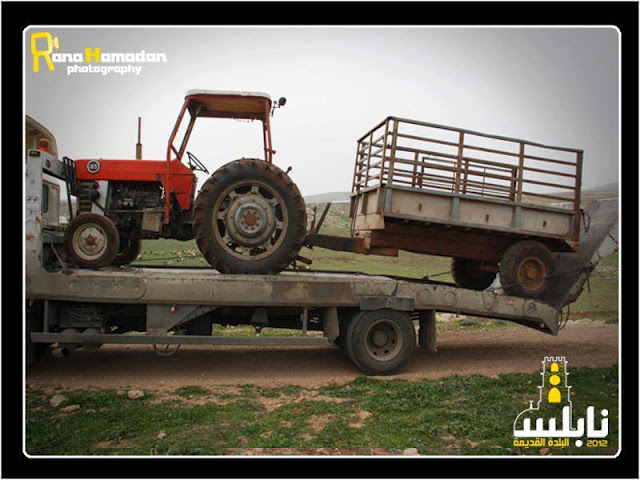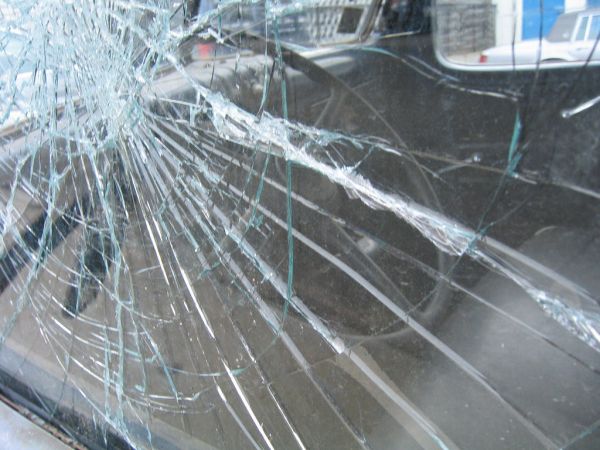Tag: Nablus
-
Settler violence rages in Nablus area
by Jonas Weber 29 February 2012 | International Solidarity Movement, West Bank Yesterday, violence erupted close to Joseph’s Tomb when settlers gathered near the site. Youths from Balata refuge camp came out to chase the settlers off but where kept at a distance by the soldiers that accompanied the illegal settlers as usual. This is…
-
Jordan Valley: Demolitions and arrests of two Palestinians
by Satu and John 15 February 2012 | International Solidarity Movement, West Bank On February 14, 2012, in the small village of Twael of the Aqraba district, southeast of Nablus in the Jordan Valley, the home of the Bunni Jaber family was destroyed by an Israeli backhoe protected by 20 soldiers in four military vehicles.…
-
61 year old released from hospital after Yitzhar settler attack
by Fransisco Reeves 15 February 2012 | International Solidarity Movement, West Bank Following her horrific ordeal of having her family’s vehicle attacked by Zionist settlers in early February, Maysar Abd Al Majeed Ghanem is finally healthy enough to return to home. The attack resulted in Ghanem spending 36 hours in the Intensive Care Unit and…



